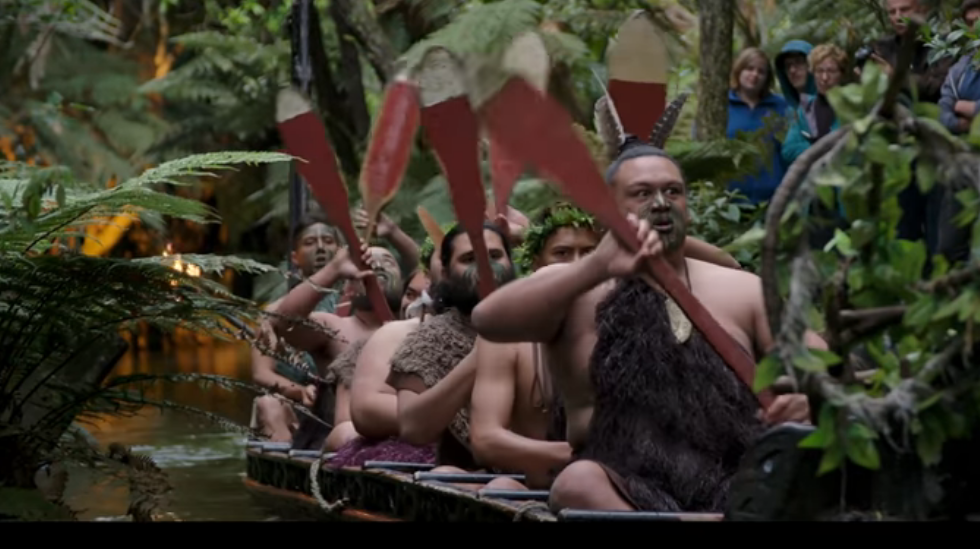The traditional Maori Haka dance is a powerful and captivating performance that has been a part of Maori culture for centuries.
This ancient dance form originated from the indigenous people of New Zealand, the Maori, and holds deep cultural and historical significance. The Haka is a unique expression of the Maori people’s identity, strength, and pride.
The Legend of the Haka (Video from Contiki):

The origins of the Haka can be traced back to the early Polynesian settlers who arrived in New Zealand around 1,000 years ago. These settlers brought with them their customs, traditions, and rituals, including various forms of dance.
Over time, the Maori people developed their own distinct style of dance, which eventually evolved into what is now known as the Haka.
Schools across New Zealand play a vital role in preserving this rich cultural heritage. Many schools teach the Haka as part of the curriculum, thereby ensuring that younger generations understand and value this aspect of their cultural identity.
The Haka is a profound expression of New Zealand’s Maori heritage, a resonant echo of historical warrior traditions that has seamlessly found its place in the modern world. This powerful performance is not just a pre-game ritual or a ceremonial dance; it is a living, breathing testament to the resilience and vitality of Maori culture.
Even as it evolves to fit contemporary contexts, the core elements of the Haka – unity, strength, and pride – remain unchanged.
The haka can be an important cultural ritual that is used to honor people on important occasions such as weddings and funerals.
At wedding ceremonies, the Haka becomes an expression of joy, respect, and unity, deeply touching not only the couple but everyone present. This transition from battlefield to wedding venue speaks to the Haka’s versatility as a medium of expression – capable of embodying a wide range of emotions, from the fierceness of warriors to the joy of a newly married couple.
When Queen Elizabeth II died in 2022, a group of young New Zealanders were filmed performing the haka to pay their respects to the late monarch.
New Zealand’s official tourism website says that non-Maori people are welcome to learn the dance as long as they respect the culture and traditions behind it.
“Learn the words and make sure you understand the meanings behind the chants, the significance of a particular haka and what you are trying to express when performing it,” the site advises.
The Haka has a universal appeal, captivating audiences with its energy, passion, and unique cultural elements. It is a way for people from different backgrounds to connect with Maori culture and gain a deeper understanding of its significance.
—
Learn more about the Haka: https://en.wikipedia.org/wiki/Haka
Learn more about Contiki: https://www.contiki.com/en-us






